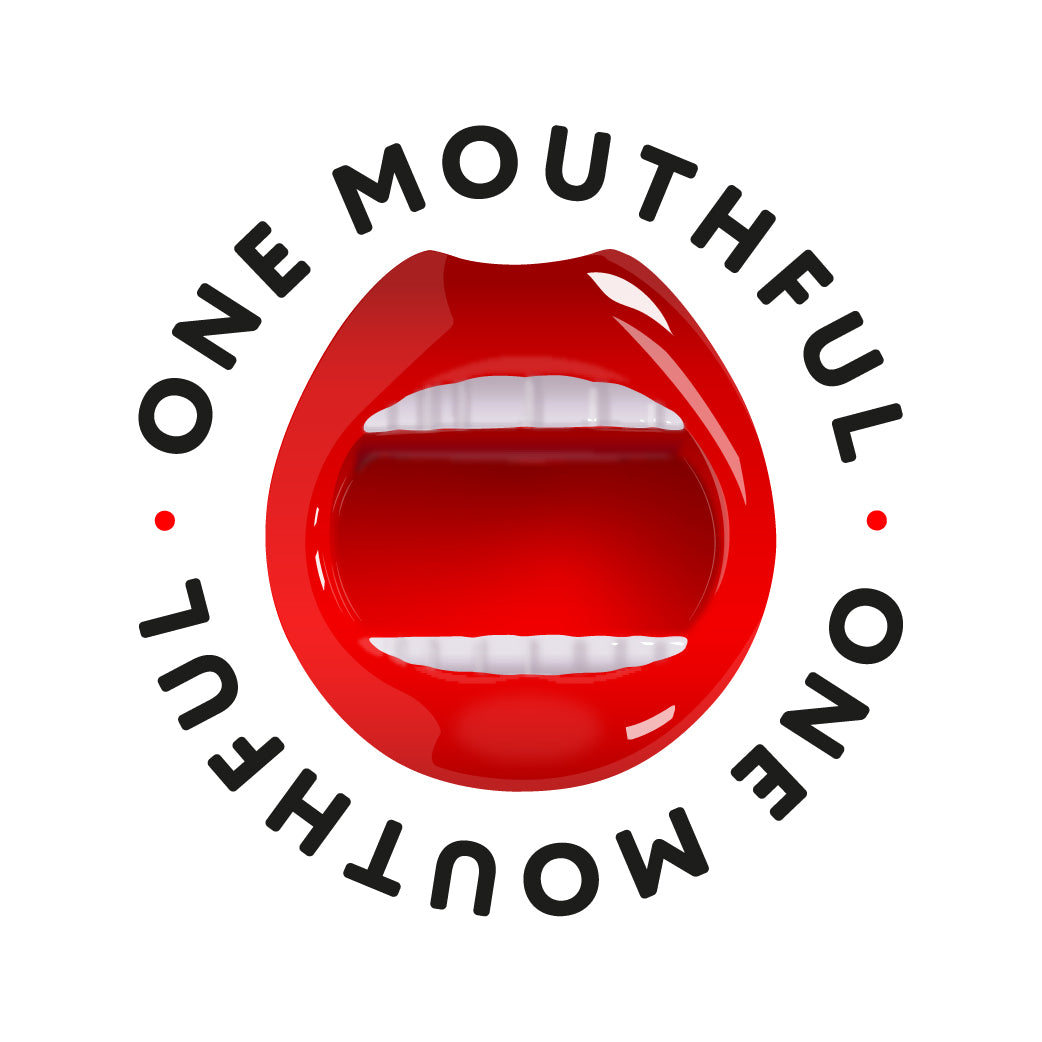We’ve all been there. Doubting ourselves after that third Jaffa Cake, feeling anxious after eating a few too many crisps late at night, or feeling that excessive guilt associated with “bad” foods. What happened to the good old days when we were kids – munching on biscuits, macaroni and cheese, chips, and pasta without a care in the world? We ate what we wanted, in moderation as regulated by our parents, and stopped eating when we were full.
Unfortunately, we’ve become obsessed with body image and the path to achieve the Western ideal of perfection. Restrictive diets might seem reasonable at first, but upon closer inspection, these diets create “good” and “bad” foods leading to the psychological phenomenon known as food guilt.
WHAT IS FOOD GUILT?
You might be surprised to learn that it can be classified as a psychological disorder as soon as it starts interfering with daily activities. In its most severe form, food guilt is associated with disordered eating, ranging from binge eating to purging. However, it is important to note that food guilt exists on a less severe level as well.
To a certain extent, food guilt is completely normal. We all over-indulge a bit too much every now and then, whether that means eating too much ice cream or enjoying that third helping of chocolate cake Over-indulging happens and that is okay. However, if every single meal is a battle with excessive guilt, shame and regret, then this might be something more serious. If you tell yourself that you can’t or shouldn’t have a particular food, it can lead to intense feelings of deprivation that build into uncontrollable cravings and, often, bingeing. When you finally ‘give-in” to your forbidden food, eating will be experienced with such intensity, it usually results in overeating and an overwhelming guilt.
Disordered eating can be a way that some people cope with emotions when they cannot directly deal with those feelings. Whether or not food guilt itself as a single factor could lead to disordered eating would depend on why the food guilt exists he first place and the person’s overall emotional health in.
WHERE DOES FOOD GUILT COME FROM?
So where did this food guilt trend come from? It seems that it is a construct of our society and a direct result of the media’s influence. This might be hard to admit, but magazines, television shows, movies, social media, and celebrities influence us whether we like it or not. Instead of promoting moderation and occasional healthy indulgence, the media has led us to believe that indulgence is a bad thing. Diets are built around this idea and label foods as either “good” or “bad.” We are conditioned to avoid all the “bad” foods and feel ashamed when we give in to the temptation.
AVOIDING FOOD GUILT
Redefine the terms “good,” “bad,” “healthy,” and “unhealthy. In doing this, a healthy balance will be created and a new perspective on food will follow. Not every food eaten must be low fat, low calorie, high fibre, or full of vitamins and minerals. There are no ‘good’ or ‘bad’ foods, just ‘good’ and ‘bad’ diets.”
To prevent yourself from experiencing food guilt, allow yourself to have whatever you want in smaller portions and do this by using your One Mouthful bowl. Remember - everything in moderation.
Listen to your hunger. If you are hungry, then eat! Pay attention to what your body is telling you. If you are unable to listen to your hunger, and instead delay eating, you may wind up too hungry and eat with an intensity that’s out of control which means you overeat which leads to you feeling guilty.
Food is Fuel. You should eat foods that will help your body function and give you enough energy for whatever you like to do. Your body needs certain vitamins and minerals that you can only get through certain foods. If you remember this while you are eating, you won’t suffer any food guilt.
Remove all judgment about your eating choices. We eat out of a necessity to survive, not to define ourselves. It is important to keep this in mind. You are not good or bad based on what you eat. Your value doesn’t take a dive just because you ate onion rings.
Learn From Experience. If you were unable to control yourself at 10pm last night in the presence of a tube of Pringles, then remove the temptation so it doesn’t happen again.
Using your One Mouthful bowl will remove the feeling of Food Guilt, because you can eat the foods you love. You are just eating the right amount of it and no more. Whether it be your Friday Chippy tea, Chinese or Indian. – you can enjoy your food without piling on the pounds

